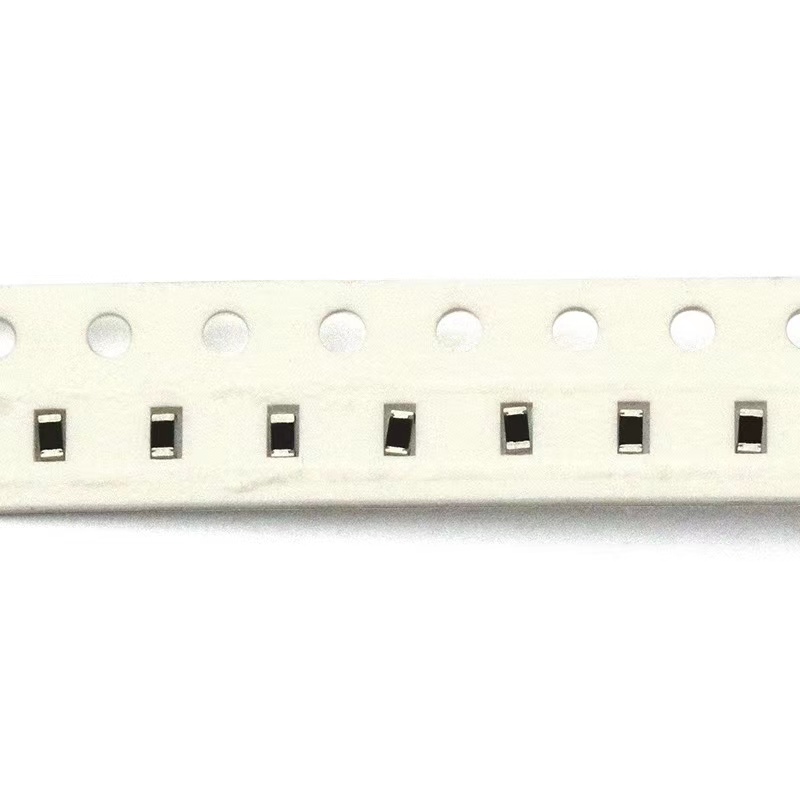Advantage and Disadvantage of Magnetic Sensors
 Published: Apr 26, 2023
Published: Apr 26, 2023
Magnetic sensors are devices that are designed to detect and measure magnetic fields. They are widely used in various industries, including automotive, aerospace, medical, and consumer electronics. Magnetic sensors come in different types, including Hall Effect sensors, magnetoresistive sensors, and magneto-inductive sensors. In this article, we will discuss the advantages and disadvantages of magnetic sensors.
Advantages of Magnetic Sensors
High Sensitivity: Magnetic sensors have high sensitivity to magnetic fields. They can detect even weak magnetic fields and can provide accurate measurements of their strength.
Non-Contact Detection: Magnetic sensors can detect magnetic fields without physical contact with the object being measured. This makes them useful in applications where physical contact is not possible or not desired.
Durability: Magnetic sensors are durable and can withstand harsh environments, including high temperatures, moisture, and dust. This makes them suitable for use in automotive, aerospace, and industrial applications.
High Accuracy: Magnetic sensors offer high accuracy and repeatability. They can provide precise measurements of magnetic fields and are useful in applications that require high accuracy, such as navigation and robotics.
Low Power Consumption: Magnetic sensors require low power consumption, making them suitable for use in portable devices, such as smartphones and tablets.
Easy to Use: Magnetic sensors are easy to use and require minimal setup. They can be integrated into electronic circuits easily, making them suitable for use in a wide range of applications.
Low Cost: Magnetic sensors are relatively low in cost, making them suitable for use in mass-produced consumer electronics.
Disadvantages of Magnetic Sensors
Magnetic Interference: Magnetic sensors can be affected by external magnetic fields, which can interfere with their operation. This can result in inaccurate measurements or false readings. Magnetic interference can be caused by nearby magnets, electrical devices, or magnetic fields from the earth.
Limited Range: Magnetic sensors have a limited detection range. They can only detect magnetic fields within a certain distance, depending on the strength of the field and the sensitivity of the sensor. This makes them unsuitable for applications that require detection of magnetic fields from long distances.
Limited Directional Sensitivity: Magnetic sensors can only detect the strength of a magnetic field and cannot detect the direction of the field. This limits their usefulness in some applications, such as navigation and robotics.
Temperature Dependence: Magnetic sensors are temperature-dependent, which means their accuracy can be affected by changes in temperature. This can result in inaccurate measurements or false readings. Temperature dependence can be caused by changes in the magnetic properties of the sensor material or changes in the electronic components of the sensor.
Noise: Magnetic sensors can be affected by electronic noise, which can interfere with their operation. This can result in inaccurate measurements or false readings. Noise can be caused by electronic components, electromagnetic interference, or external electrical devices.
Calibration: Magnetic sensors require calibration to ensure accurate measurements. Calibration can be time-consuming and expensive, especially for high-precision applications.
Size: Magnetic sensors can be relatively large compared to other types of sensors. This can be a disadvantage in applications where size is a primary concern.
Conclusion
Magnetic sensors offer several advantages, including high sensitivity, non-contact detection, durability, high accuracy, low power consumption, easy to use, and low cost. However, they also have some disadvantages, including magnetic interference, limited range, limited directional sensitivity, temperature dependence, noise, calibration, and size. It is important to consider these advantages and disadvantages when selecting a magnetic sensor for a particular application.
 Popular Industry Focus
Popular Industry Focus
Hot Products
-
![TDA21535]()
TDA21535
Infineon Technologies AG
OEMs, CMs ONLY (NO BROKERS)
-
![VLDR1235G]()
VLDR1235G
Vishay Semiconductor Opto Division
Standard LEDs - SMD Red 624nm 14,500mcd 2.2V Gull Wing
-
![HCPL-0601-500E]()
HCPL-0601-500E
Broadcom Limited
High Speed Optocouplers with 10MBd and 5mA
-
![SM8S36AHE3/2D]()
SM8S36AHE3/2D
Vishay General Semiconductor - Diodes Division
58.1V Clamp 114A Ipp Tvs Diode Surface Mount DO-218AB
-
![AD536AKH]()
AD536AKH
Analog Devices Inc.
Power Management Specialized - PMIC RMS/DC CONVERTER IC
-
![LPC2220FBD144]()
LPC2220FBD144
NXP Semiconductors
16/32-bit ARM microcontrollers; flashless, with 10-bit ADC and external memory interface
Related Parts
-
![Hi3519V101]()
Hi3519V101
HISILICON
-
![SKY77768]()
SKY77768
SKYWORKS
RF and Baseband Circuit, Bipolar, GREEN, PACKAGE-10
-
![H5AN4G8NAFR]()
H5AN4G8NAFR
SKHYNIX
-
![KLM8G2FEJA]()
KLM8G2FEJA
SAMSUNG
eMMC – 64GB
-
![RTL8304E]()
RTL8304E
REALTEK
-
![RTL8101]()
RTL8101
REALTEK
REALTEK SINGLE CHIP FAST ETHERNET CONTROLLER WITH POWER MANAGEMENT
-
![AR8033-AL1A-R]()
AR8033-AL1A-R
ATHEROS
PHY 3-CH 10Mbps/100Mbps/1Gbps 1.1V/2.62V/3.3V 48-Pin QFN EP T/R
-
![QM52015]()
QM52015
QORVO
-
![BCM3553XKFEB5G]()
BCM3553XKFEB5G
BROADCOM
-
![AMD-762]()
AMD-762
AMD
AMD-762 - AMD-762 System Controller Data Sheet
-
![QMI519]()
QMI519
Allegro MicroSystems
-
![4T-30]()
4T-30
APITech
RF Connectors / Coaxial Connectors
-
![2450FB15L0001E]()
2450FB15L0001E
Johanson
9.5dB 180°@±10° 2.4GHz~2.5GHz 1.5dB 50Ω 0805 Balun ROHS
-
![SP-2C+]()
SP-2C+
Mini-Circuits
Signal Conditioning PWR SPLTR/CMBD / SM / RoHS
-
![HMC156AC8]()
HMC156AC8
Analog Devices Inc.
Passive SMT frequency doubler designed for signal conditioning across 0.7 - 2.4 GHz

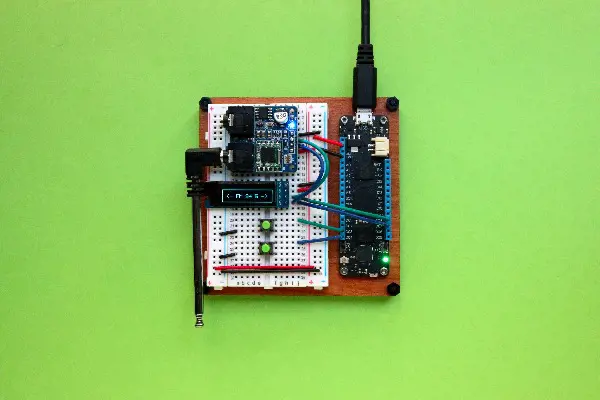
 Update Time: Apr 27, 2023 Consumer Electronics
Update Time: Apr 27, 2023 Consumer Electronics









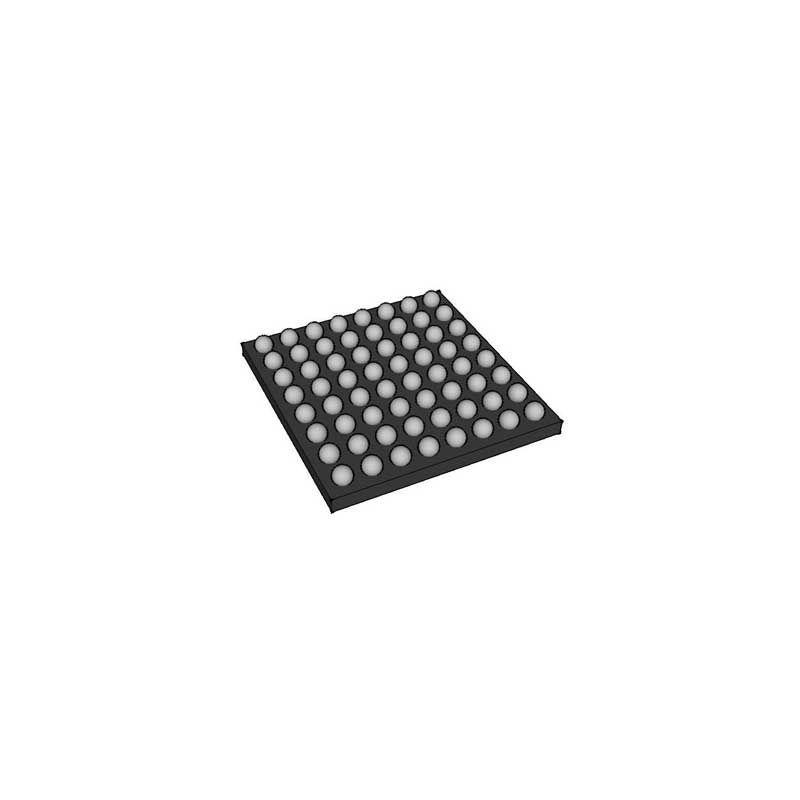
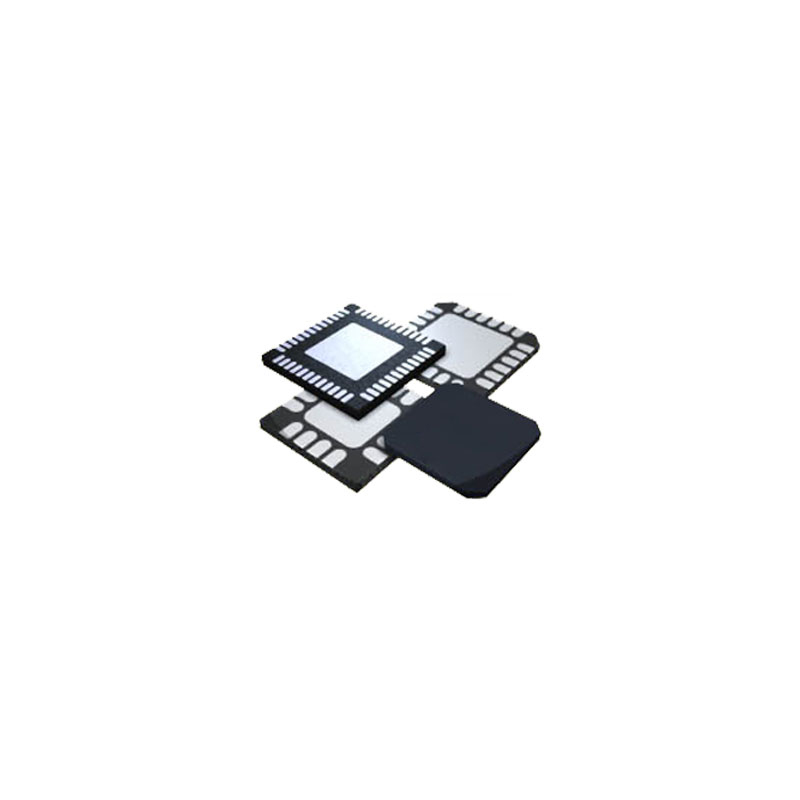
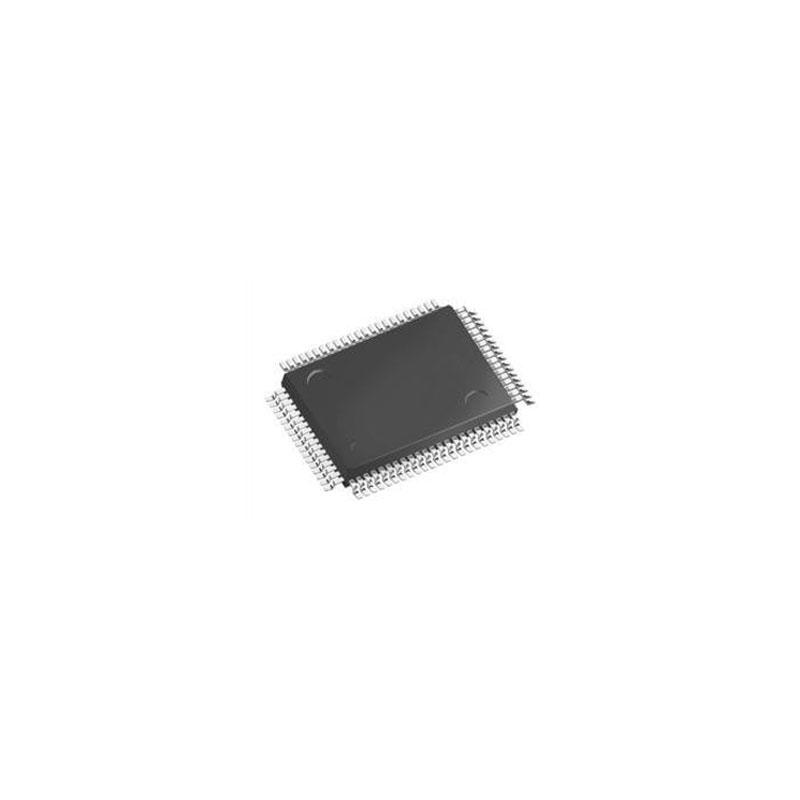
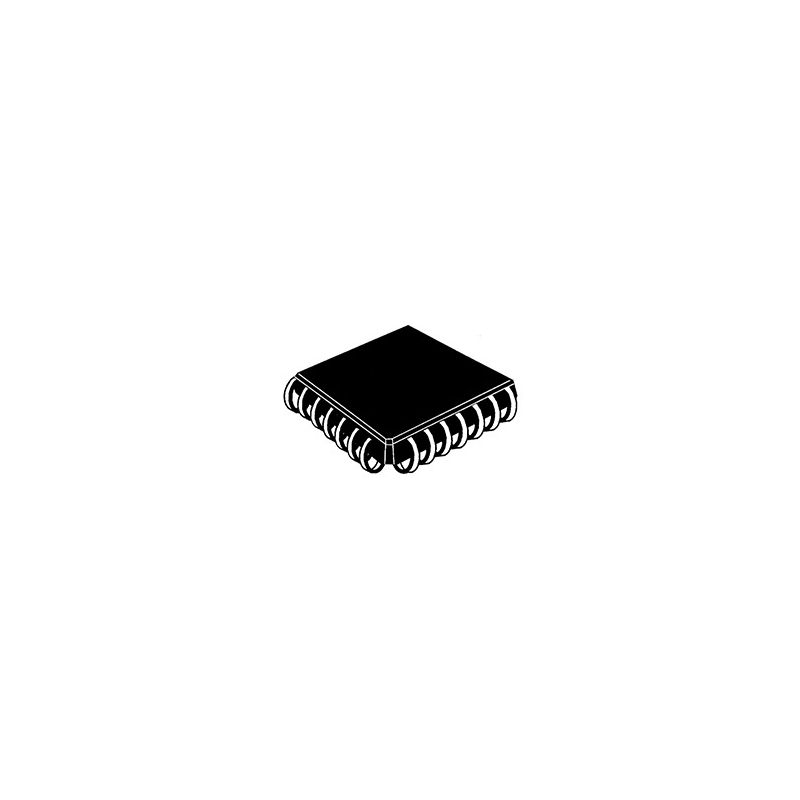
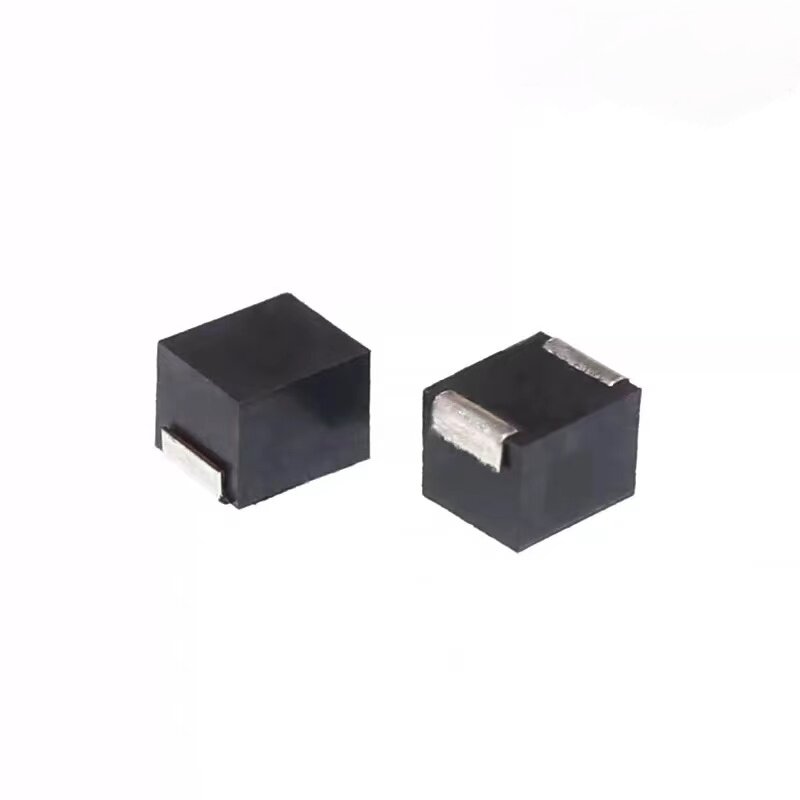
.jpg)

